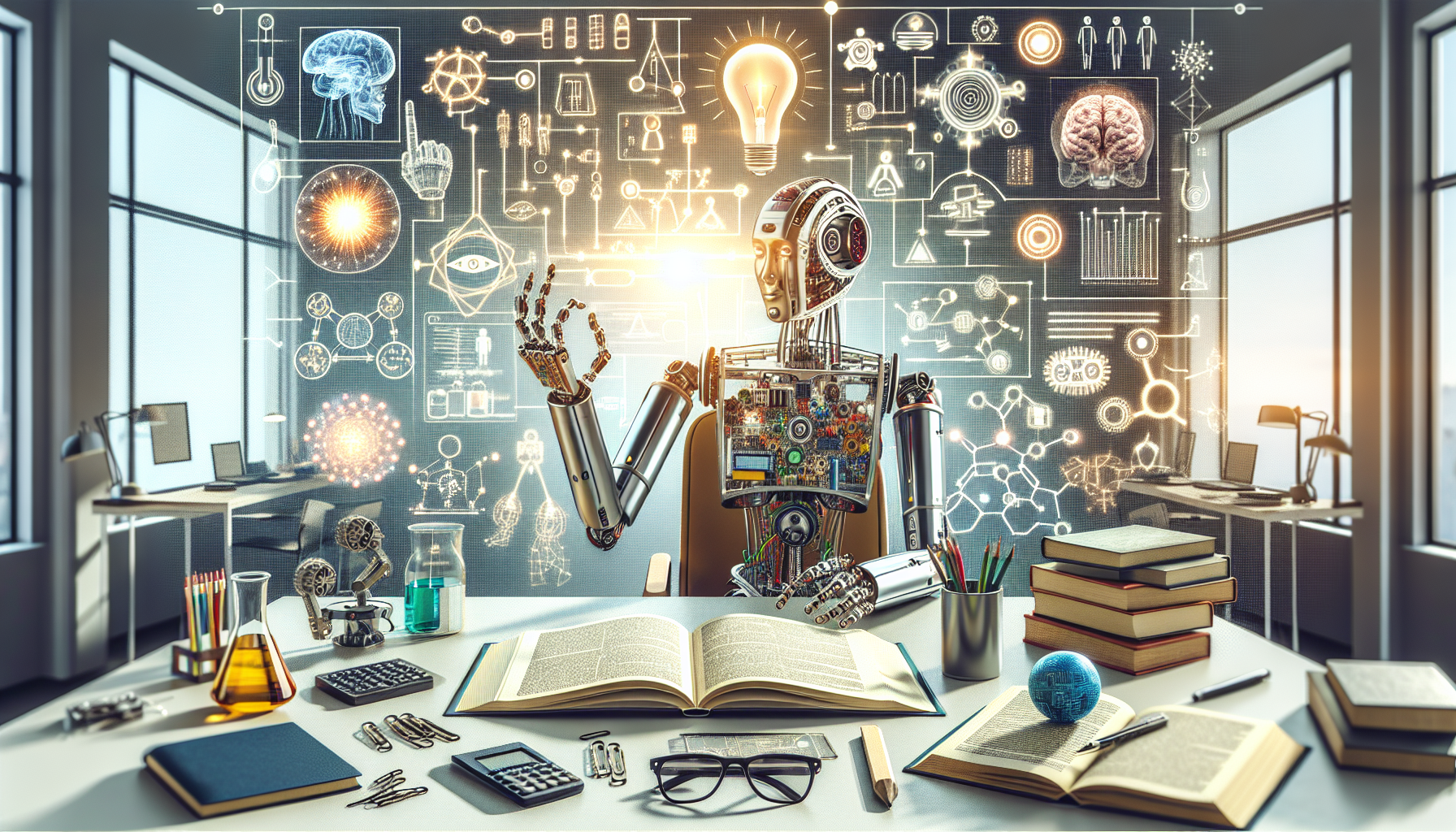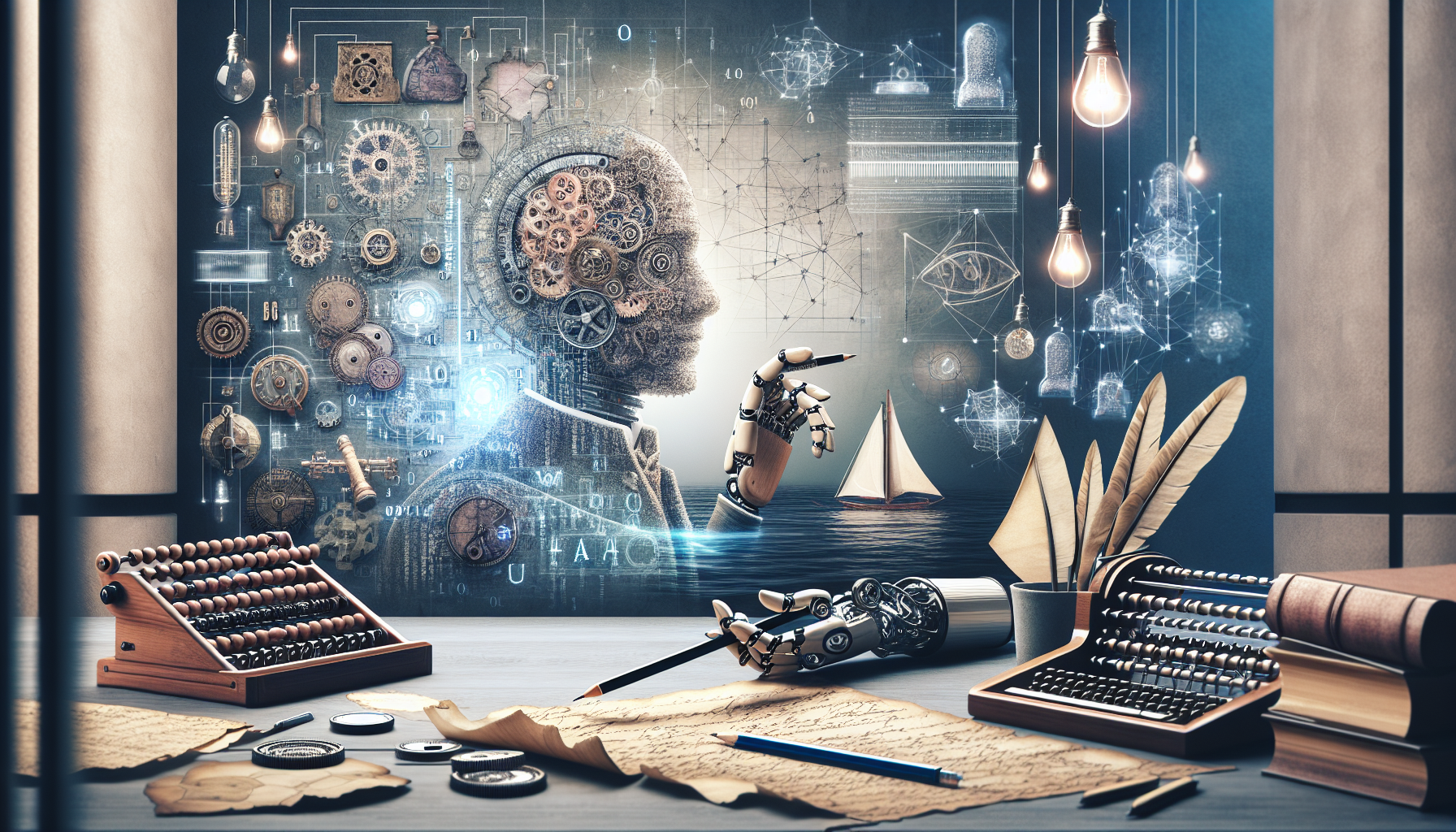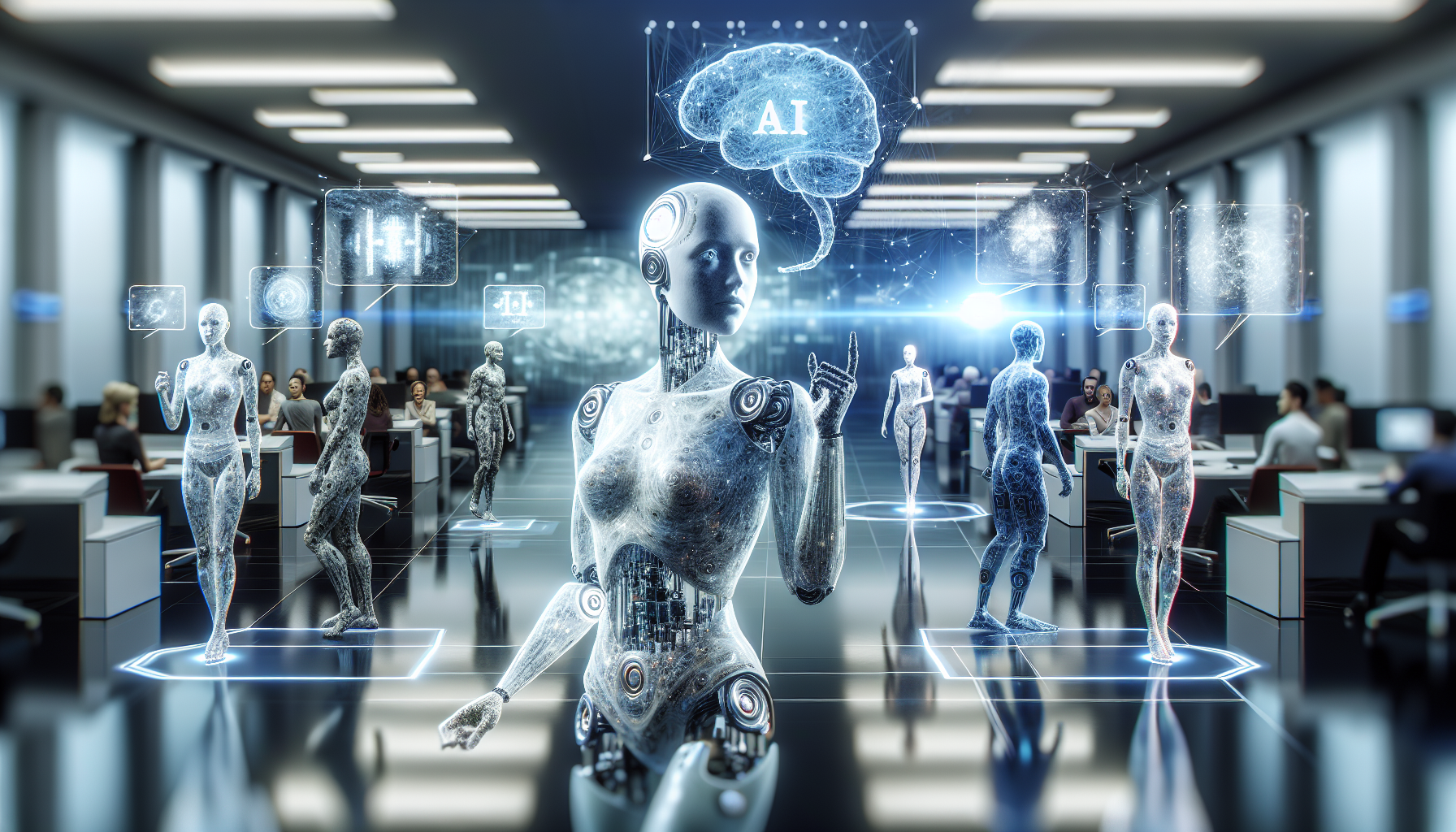
AI in the Legal Industry: Debunking Myths About Streamlining and Case Analysis
May 27, 2025
Artificial Intelligence is frequently hailed as a revolutionary force in various sectors, with the legal industry being no exception. Proponents claim AI can streamline processes, enhance case analysis, and ultimately transform the legal landscape. However, the narrative often glosses over critical nuances and overstates AI’s current capabilities. Is AI truly the panacea for the legal world's inefficiencies, or is there more to the story?
First, let’s address the notion that AI can fully automate legal processes. This myth persists, bolstered by flashy headlines and marketing hype. In reality, while AI can assist with tasks such as document review and legal research, the technology currently lacks the nuanced understanding and contextual awareness necessary to replace human judgment. Legal decisions are seldom binary; they require a deep comprehension of ethical considerations, precedent, and the multifaceted nature of law. AI tools, despite their impressive data-crunching capabilities, are fundamentally limited by the data they are trained on and the algorithms that drive them.
One of the popular misconceptions is that AI can act as an infallible oracle in case analysis, predicting outcomes with unerring accuracy. While AI can indeed analyze vast datasets to identify patterns and trends, this capability should not be conflated with predictive certainty. Legal cases are influenced by human behavior, societal norms, and judicial discretion—factors that are notoriously difficult to quantify. AI may offer insights, but these should be seen as supplementary rather than definitive. Lawyers and judges bring a level of intuition and experience to case analysis that AI cannot replicate.
Moreover, the deployment of AI in legal settings raises significant ethical and practical concerns. Consider the issue of bias: AI systems are only as good as the data they are trained on. If historical legal data reflect systemic biases, AI tools may perpetuate these biases, leading to unfair outcomes. The legal industry must grapple with these ethical dilemmas, ensuring that AI enhances justice rather than undermines it. This requires rigorous oversight, transparent algorithms, and a commitment to continuous algorithmic auditing.
Another myth worth debunking is the notion that AI will dramatically reduce legal costs overnight. While it is true that automation can cut down on time-consuming tasks, the initial investment in AI technology, along with ongoing maintenance and updates, can be substantial. Furthermore, the integration of AI into legal practices demands a cultural shift—which is often met with resistance. Legal professionals must be trained to work alongside AI tools, necessitating time and resources that some firms may be reluctant to allocate.
Critically examining the role of AI in the legal industry also involves acknowledging the human element. The art of negotiation, the power of persuasion, and the ability to empathize with clients are skills that remain firmly within the human domain. AI may provide lawyers with data-driven insights, but the human touch—understanding a client’s needs, building trust, and advocating effectively—is irreplaceable.
The narrative surrounding AI in law is at risk of becoming a victim of its own success. By overstating AI's capabilities, we risk sidelining the crucial role of human expertise and judgment. The legal industry must strive for a balanced approach, where AI is seen not as a replacement but as a tool that complements and enhances human skills.
As we venture further into the era of AI, it is imperative to move beyond the myths and engage in informed discussions about the technology’s role in law. What measures can we implement to ensure AI is used ethically and effectively in legal contexts? How can we safeguard against biases and maintain fairness in a system increasingly influenced by algorithms? These are the questions that deserve our attention as we continue to explore the intersection of AI and the legal industry.


